Can You Request Video Footage from a Store? Know Rights
Ever wondered, “Can I request video footage from a store?” It’s a question many of us have pondered after a mishap. Just like a detective piecing together the puzzle of a crime scene, you’re looking for that crucial bit of evidence. But where do you start?
You’re not alone in this. Whether it’s for a personal injury claim or a theft issue, obtaining such footage can be a make-or-break deal. However, it’s not as simple as asking for it. Stores have their policies and there are legal hoops to jump through.
In this guide, we’ll walk you through the process, helping you understand the legal aspects and how to act swiftly. So, grab your detective hat and let’s dive in. After all, time is of the essence, isn’t it?
How to Request Video Footage from a Store
Contacting Store Management
When you need to request video footage from a store, the first step is to get in touch with the store’s management or security department. It’s best to make this request in writing to ensure there’s a formal and clear communication trail. Be specific in your request—mention the exact date and time of the footage you need. This helps the store staff locate the relevant video more efficiently.
For larger businesses or chain stores, you might need to follow up with corporate headquarters or a regional office, as they often handle such requests centrally. Throughout this process, persistence and politeness are key. Maintain a respectful tone in all your communications, and keep a detailed record of your correspondence and any notes related to your request. This documentation can be invaluable if further action is needed.
Providing Specific Details
When requesting video footage, clarity and specificity are crucial. Clearly state the reason for your request. This helps the store understand the importance and urgency of your inquiry. Include the exact date and time of the incident you are referring to, as well as any specific areas of the store where the incident took place. Providing such detailed information can significantly aid the store in pinpointing the exact footage needed.
Additionally, offer any extra context that could assist in locating the footage. For example, mention if there were any notable events, objects, or people involved. The more context you provide, the easier it will be for the store to fulfill your request accurately.
Understanding Store Policies and Retention Periods
It’s important to recognize that each store may have different policies regarding the retention and provision of video footage. Some stores might only keep their surveillance footage for a very short period, sometimes just a few days. Others may have longer retention periods, storing footage for weeks or even months. Understanding these policies is crucial since they directly impact your ability to request and receive the footage.
Knowing the store’s retention period can help you act promptly. If you delay your request, you risk the footage being deleted before it can be reviewed. Therefore, familiarize yourself with the store’s specific policies and act quickly to increase your chances of obtaining the desired video footage.
Legal Aspects of Requesting Store Video Footage
Private Property Considerations
Surveillance footage from stores is considered private property. This means that private individuals and businesses are not legally obligated to share it with you just because you ask. The footage is owned by the store, and they have the right to decide whether or not to release it. When wondering, “can you request video footage from a store,” it’s crucial to understand that your request can be denied without any legal repercussions for the store.

Legal Rights of Victims
Victims of personal injury accidents, such as slip and falls or other incidents occurring on store premises, do not have an automatic legal right to access the store’s video footage. While you can certainly request the footage, the store is not required by law to provide it. However, stores are generally more cooperative if law enforcement is involved. If you’re wondering about security systems at home, check out our guide on whether SimpliSafe needs WiFi. For instance, if you file a police report, authorities can request the footage on your behalf, significantly increasing your chances of obtaining it.
Privacy Concerns
Stores often hesitate to release surveillance footage due to privacy concerns. They must ensure that sharing the footage does not infringe upon the privacy rights of other individuals captured in the video. This means that even if you can request video footage from a store, the store may still refuse to release it if it includes other people whose consent would be required. Privacy laws and regulations often necessitate that the identities of other individuals in the footage are protected, which can complicate the process of obtaining the video.
Involving Law Enforcement in Requesting Video Footage
When it comes to getting video footage from a store, involving law enforcement can make a big difference. Let’s break down how you can do this effectively.
Filing a Police Report
Filing a police report can significantly boost your chances of obtaining video footage from a store. Think of it as having a powerful ally on your side. Law enforcement agencies have the authority to secure video evidence, especially in cases like hit-and-runs or other criminal activities. When the police file a report, they can formally request the footage from the store. If they succeed, you can then request a copy from them. This can be crucial for legal or insurance purposes.
Role of Law Enforcement
Stores are generally more cooperative with law enforcement than with private individuals when it comes to providing video footage. Imagine a store manager receiving a request from a private individual versus a police officer—who do you think they’ll respond to faster? Law enforcement or legal representatives have a formal and authoritative presence that stores are more likely to comply with. Sometimes, the police may need to present a subpoena or search warrant to compel the store to release the footage. This legal backing often speeds up the process and ensures the store complies.
Understanding the Subpoena Process
If a store refuses to voluntarily provide video footage, you can initiate a subpoena through court action. The subpoena process involves several steps:
- Filling out specific legal forms
- Submitting these forms to the court for approval
- Serving the subpoena to the business
Once served, the business is legally obligated to respond, either by sending the requested video footage to the court or by filing an objection. If the business objects to the subpoena, further legal action may be necessary to resolve the dispute and obtain the footage.
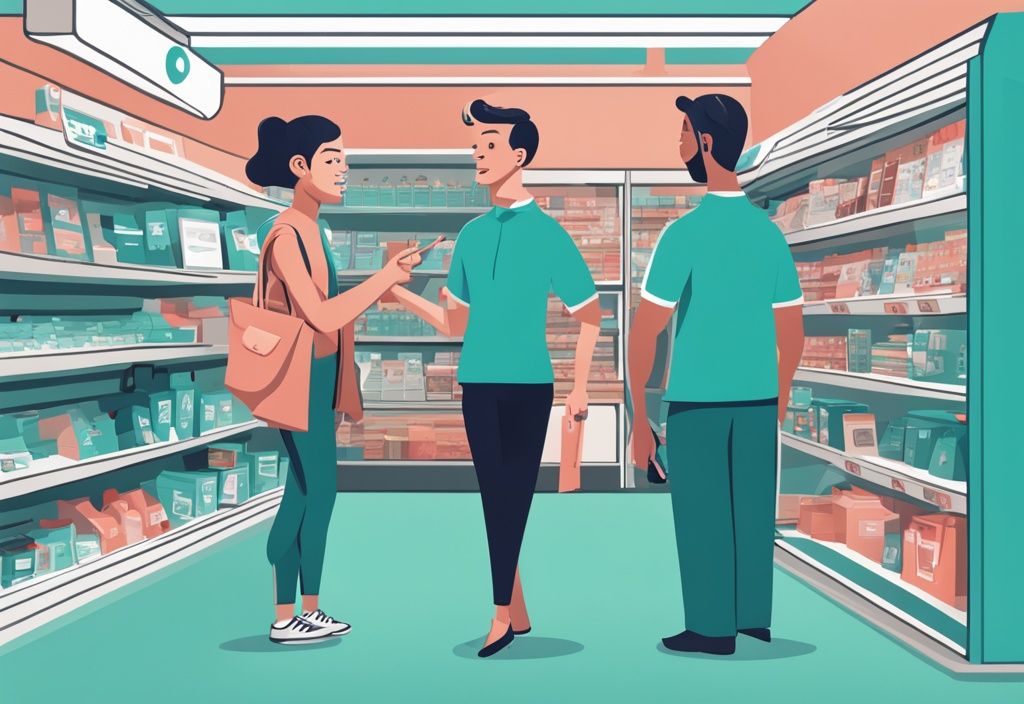
By understanding these steps and involving law enforcement, you can significantly increase your chances of successfully obtaining video footage from a store.
Importance of Acting Quickly When Requesting Video Footage
Understanding Retention Policies
Businesses typically have varying retention policies for their surveillance footage. Some may delete the footage within a few days, while others may retain it for longer periods. This variability makes it crucial to act swiftly if you need to request video footage from a store. Delaying your request could result in the footage being deleted before you have a chance to obtain it, especially if the store’s policy dictates short retention periods.
Steps to Take Immediately
If you find yourself needing to request video footage from a store, prompt action is essential. Begin by contacting the store’s management or security department directly. Clearly articulate the specifics of the incident, including the exact date, time, and location within the store. These details will aid in locating the relevant footage quickly.
Filing a police report can further bolster your request. Law enforcement involvement often compels stores to preserve and provide the footage, increasing your chances of obtaining it. Additionally, seeking legal advice promptly can ensure you navigate all necessary steps effectively. Legal professionals can guide you through the process and help with more formal actions, such as filing a subpoena, if the store initially refuses to release the footage.
By understanding and acting on these steps promptly, you maximize your chances of successfully securing the video footage crucial for your legal or insurance claims.
Using Video Footage in Legal and Insurance Claims
Verification of Facts
Surveillance footage can be an invaluable asset when it comes to verifying the details of an incident, especially in personal injury cases and insurance claims. By capturing the entire scene, video footage can provide clear evidence of the hazard, the incident itself, and the aftermath. This visual documentation can help to establish a clear timeline of events and identify the responsible parties. When you request video footage from a store, it’s important to explain how this evidence will be used to substantiate your claims, whether you’re dealing with an insurance company or legal proceedings.
Authentication of Video Footage
For video footage to be admissible in court, it must be properly authenticated. This means that the footage must be verified as a true and accurate representation of the events it depicts. Authentication can involve certification from the store or testimony from individuals who can attest to the footage’s origin and content. When you request video footage from a store, be prepared to follow the necessary steps to ensure that the footage can be legally used in your case. This might include obtaining statements from store employees or security personnel who can confirm the integrity of the video evidence.
FAQ
Can stores refuse to provide video footage?
Yes, stores can refuse to provide video footage as it is considered private property. They are not legally obligated to provide it unless ordered by a court.
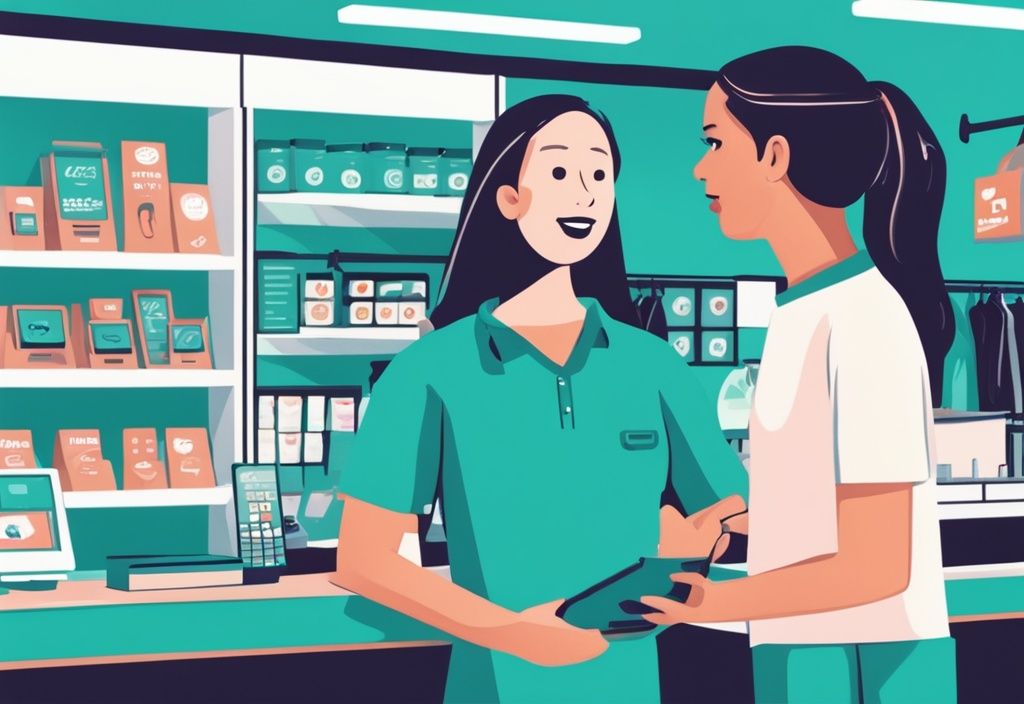
What should I do if a store deletes the footage before I can request it?
Act quickly to request the footage to avoid this situation. If the footage is deleted, consult with a local attorney to explore other legal options.
How can a lawyer help in obtaining video footage?
Lawyers can guide victims through the steps to request and potentially obtain footage. They can assist in filing a subpoena if the store refuses to provide the footage. Legal assistance can increase the likelihood of obtaining the footage.
Is there a fee for requesting video footage from a store?
Some stores may charge a fee to retrieve and copy the footage. This is especially true if the request requires significant time or resources.
What if the video footage includes other people? Can I still get it?
Privacy concerns may arise if the footage includes other people. The consent of other individuals captured in the footage may be required before it can be released.
Conclusion
Requesting video footage from a store involves multiple considerations and steps. First, understanding the store’s policies is crucial. Each store may have different rules regarding how and when they release video footage. Familiarize yourself with these policies to avoid potential roadblocks.
Legal aspects play a significant role when you ask, “can you request video footage from a store?” Surveillance footage is considered the store’s private property. Stores aren’t legally required to provide footage unless ordered by a court. Therefore, involving law enforcement can be beneficial. Police reports often compel stores to release footage, especially in cases of criminal activity or accidents.
Time is of the essence when requesting video footage. Stores may delete footage within days due to limited storage capacity. Acting quickly ensures the footage is still available when you make your request. Provide specific details such as the date, time, and location of the incident to assist the store in locating the correct footage.
Involving law enforcement and seeking legal assistance can significantly increase the chances of obtaining the footage. Legal professionals can guide you through the process, help file a subpoena if necessary, and navigate any legal complexities.
Video footage is invaluable for verifying facts in legal and insurance claims. It can capture the incident, identify responsible parties, and provide evidence that supports your case. However, privacy concerns must be carefully managed. Stores need to ensure that the release of footage doesn’t infringe on the privacy rights of other individuals captured in the video.
In summary, requesting video footage from a store requires a clear understanding of store policies, swift action, and sometimes legal intervention. By following these steps, you can increase your chances of obtaining the footage you need while respecting privacy laws and store regulations.
I’m James Albright, a home security expert with over 15 years of experience, and I’m passionate about helping families protect what matters most. After serving as a police officer, I transitioned to security consulting to share my hands-on knowledge and practical tips. My mission is to make home security simple and reliable by offering clear, no-nonsense advice and easy-to-follow guides. When I’m not reviewing the latest security tech or writing, I’m out in the community leading neighborhood watch programs and, most importantly, keeping my own family safe.
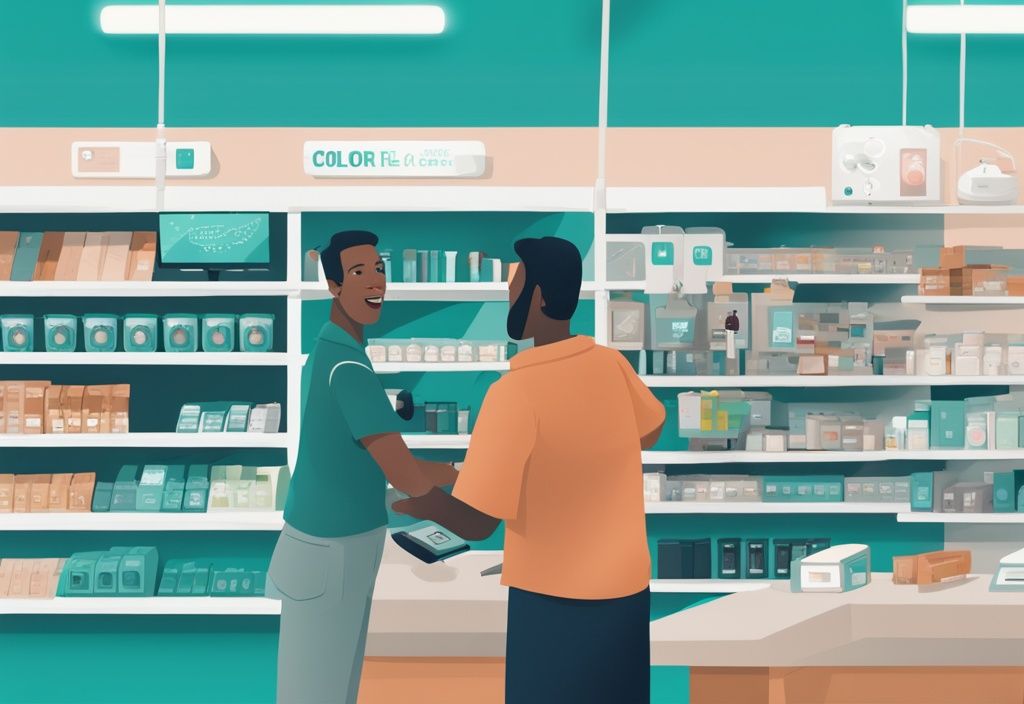
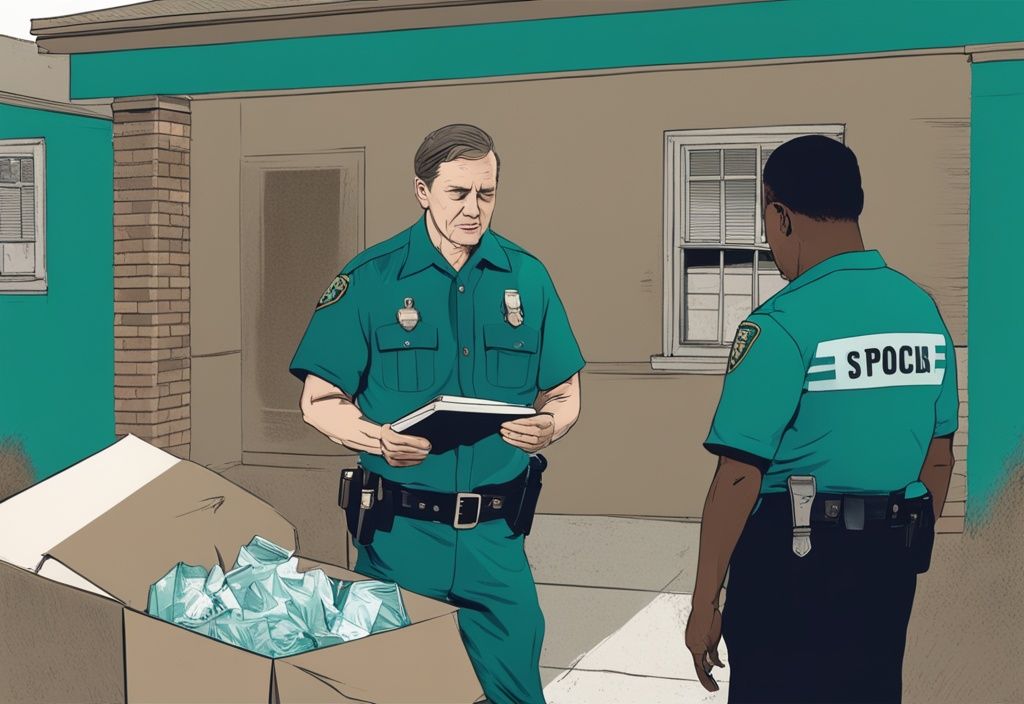

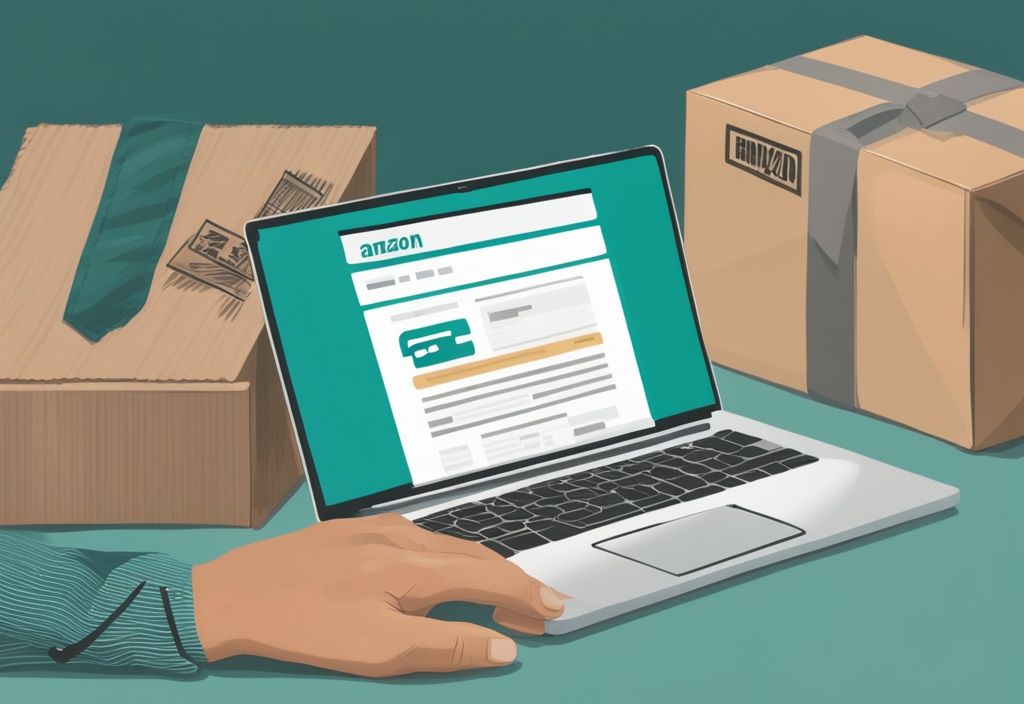

Post Comment